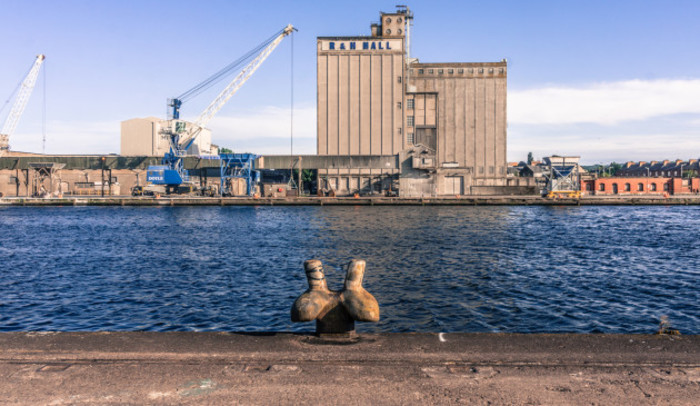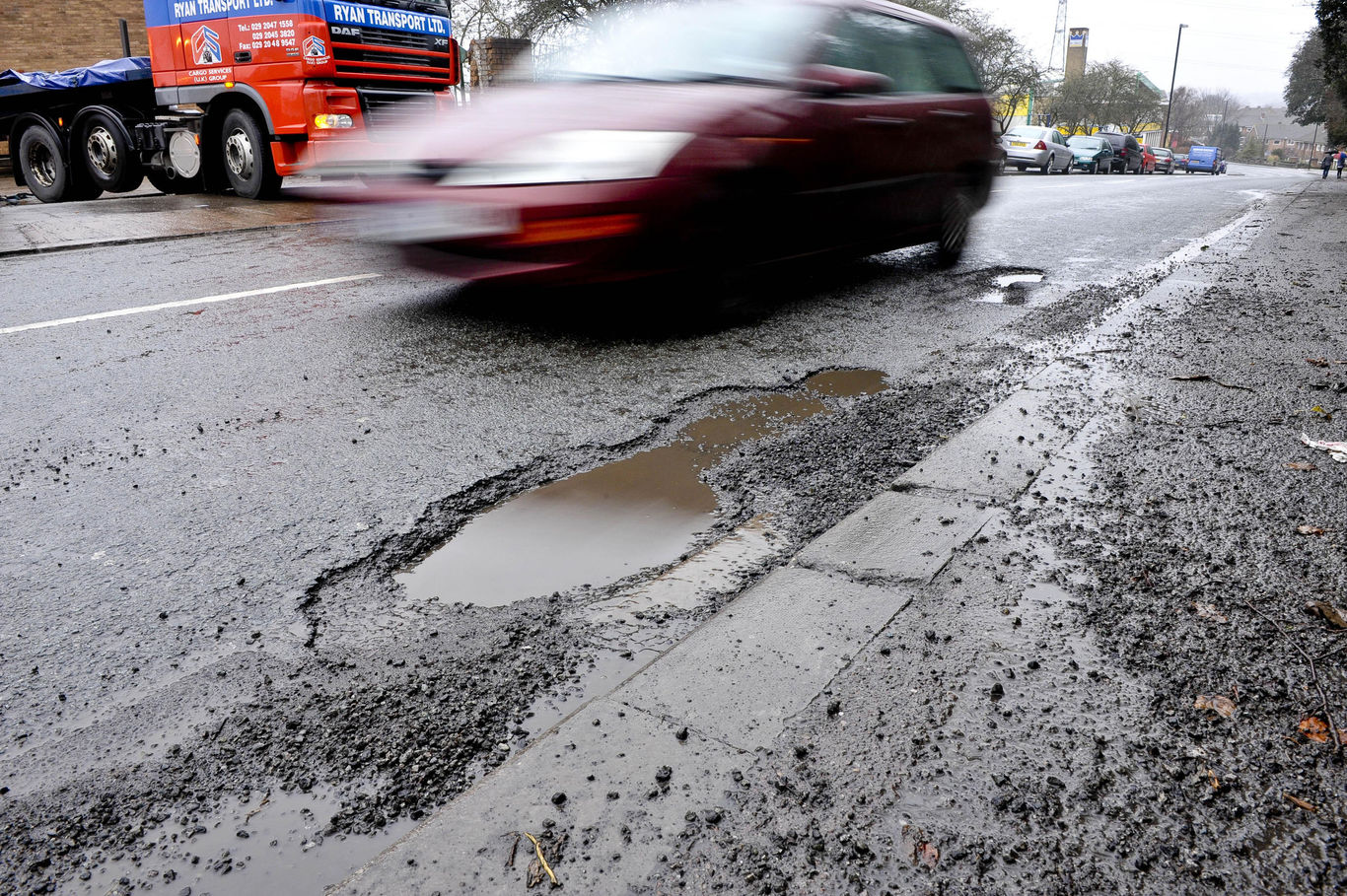This is the infrastructure we need across Ireland to keep the economy growing
Improving roads and ports around the country will help the regions deal with the fallout of Brexit.
IT’S NOT NEWS that state investment in infrastructure collapsed following the economic crash in 2007. While tough economic times may have meant lack of investment was unavoidable, now, with the economy performing strongly, there is no longer any excuse.
As a result of almost a decade of underinvestment, stocks are depreciating and infrastructure bottlenecks are emerging all over the country, leaving the Irish economy’s ability to expand and compete significantly hampered.
As part of the mid-term review of its capital plan, the Department of Public Expenditure and Reform sought input from stakeholders regarding its implementation.
The international political and economic environment has changed dramatically since the capital plan was originally devised in 2015, and Ireland must now plan for the economic uncertainty of Brexit.
The country’s ability to attract investment and to compete is dependent on the provision of high-quality infrastructure. Indeed, the National Competitiveness Council recently reported that Ireland ranks far behind the UK regarding its investment in infrastructure.
From a business perspective, our message is clear – underinvestment in capital infrastructure means that our future economic competitiveness will be harmed.
Regional connectivity
While it’s clear that investment is absolutely necessary, where we invest must be strategic and must be where business needs it most.
Dublin will continue to require and merit investment, but the overwhelming response from our chamber network is that businesses in every region require improved transport infrastructure, particularly road transport connectivity.
Brexit will present many challenges, one of which is how we trade. If there are to be increased customs checks and traffic, our ports and roads will need a significant upgrade to cope with these new pressures.
Cork Chamber has identified development of Dunkettle Interchange and the M28 Cork-to-Ringaskiddy road as key priorities for Cork city and to ensure access to the Port of Cork, which will be of added global significance in the post-Brexit world.
 The Port of Cork
The Port of Cork
South East Chambers – which covers Wexford, Waterford, Kilkenny and Carlow – also reiterates the need for port investment at Rosslare and Bellview as potential direct routes to Ireland from mainland Europe. This will have a knock-on increase in demand for motorway-standard roads linking east to west.
Beyond port infrastructure, improving our road networks and regional connectivity will be highly important if Ireland is to continue to attract the right kind of investment.
Improving road connectivity between Wexford-Waterford-Cork and ultimately onwards between Cork-Limerick-Galway will facilitate the coordination of development across the south-east, Cork and mid-west regions thus providing new opportunities for business across the country.
In particular, Cork Chamber takes the view that investment in the M20 Cork-to-Limerick motorway will create a seamless Atlantic corridor on to Galway, helping to build a strong and attractive economic complement to the east coast. This view is shared by the Atlantic Economic Corridor chambers.
Further north, the UK’s decision to leave the EU has exacerbated the long running infrastructure deficits experienced in Donegal and the north-west region.
Letterkenny Chamber says improving road transport links is the main investment priority for the north-west after the region was starved of infrastructure for years.
Similarly, chambers based along the N4 and N5 routes are calling for investment to open economic potential in those areas of the north-west too.
Time for investment
We are calling on the government to take this opportunity, while reviewing the current capital plan, to significantly increase capital investment in the coming years and deliver new transport projects that address the needs of our cities and regions.
With the Irish economy continuing to perform strongly, now is the time to invest in infrastructure and to ensure that our economy is protected and prepared for any external headwinds but, even more importantly, ready to embrace and benefit from the opportunities that will emerge.
Ian Talbot is chief executive of Chambers Ireland.
If you want to share your opinion, advice or story, email opinion@fora.ie.






